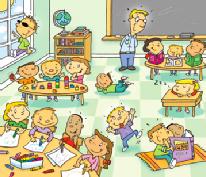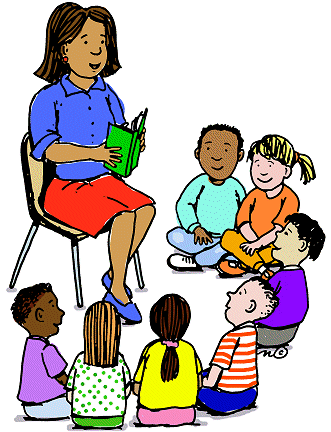Teaching and Learning - Impact in the World
Our research benefits a wide range of stakeholders, including:
 |
Young learnersWe are committed to helping to improve the educational experiences and achievements of learners at all phases of education. Our impact has been on classroom processes in a variety of settings. A recent example of this has been our work on the role of handwriting in written composition and intervention strategies to improve learners' automaticity in handwriting. A full account of this can be found on the project pages, but a particular example is the TDA-funded aspect of the project involving trainee teachers testing out interventions with Year 4 children. The success of these interventions suggests that there are positive ways in which teachers and other adults can assist children's writing. |
 |
TeachersTeachers are a major audience for our work, and most of our research has an aim of helping teachers to improve their classroom practice. One example of this is the Yewlands project, whose direct aim was to improve the quality of teaching and learning in language and literacy across a family of schools. This involved teachers from schools within this family engaging in action research on aspects such as broadening the range of writing they asked of pupils, and trialling a handwriting intervention with pupils.
Policy makersWe transfer our findings, models of best practice and recommendations to a broad constituency of regional and national policy-makers. An example of this in action has been the programme of research we have carried out into the feasibility and implementation of modern foreign language teaching in primary schools in England. One of the direct results of our work has been the changing of national policy in this area, with the teaching of a modern foreign language compulsory in primary schools from 2011. Another example is the Special Interest Group conference which David Wray was invited to run in Kuala Lumpur in March 2013 for language officers of the Malaysian Education Ministry. This conference was organised by the British Council in KL and was attended by over 80 people, ranging from Ministry officials to language support officers and language teachers. The theme of the session was Higher Order Thinking in the Primary School and David gave 4 keynote presentations:
The Powerpoints from these presentations can be downloaded by clicking on the titles above. |
Other Researchers
Our research involves methodological innovations as well as producing important findings. An example of this is the work on social interaction and classroom learning carried out by David Wray and Kristiina Kumpulainen. Starting with an innovative approach to the analysis of classroom discourse, this research broadened out to explore social interaction patterns in classroom contexts from a range of methodological standpoints.

